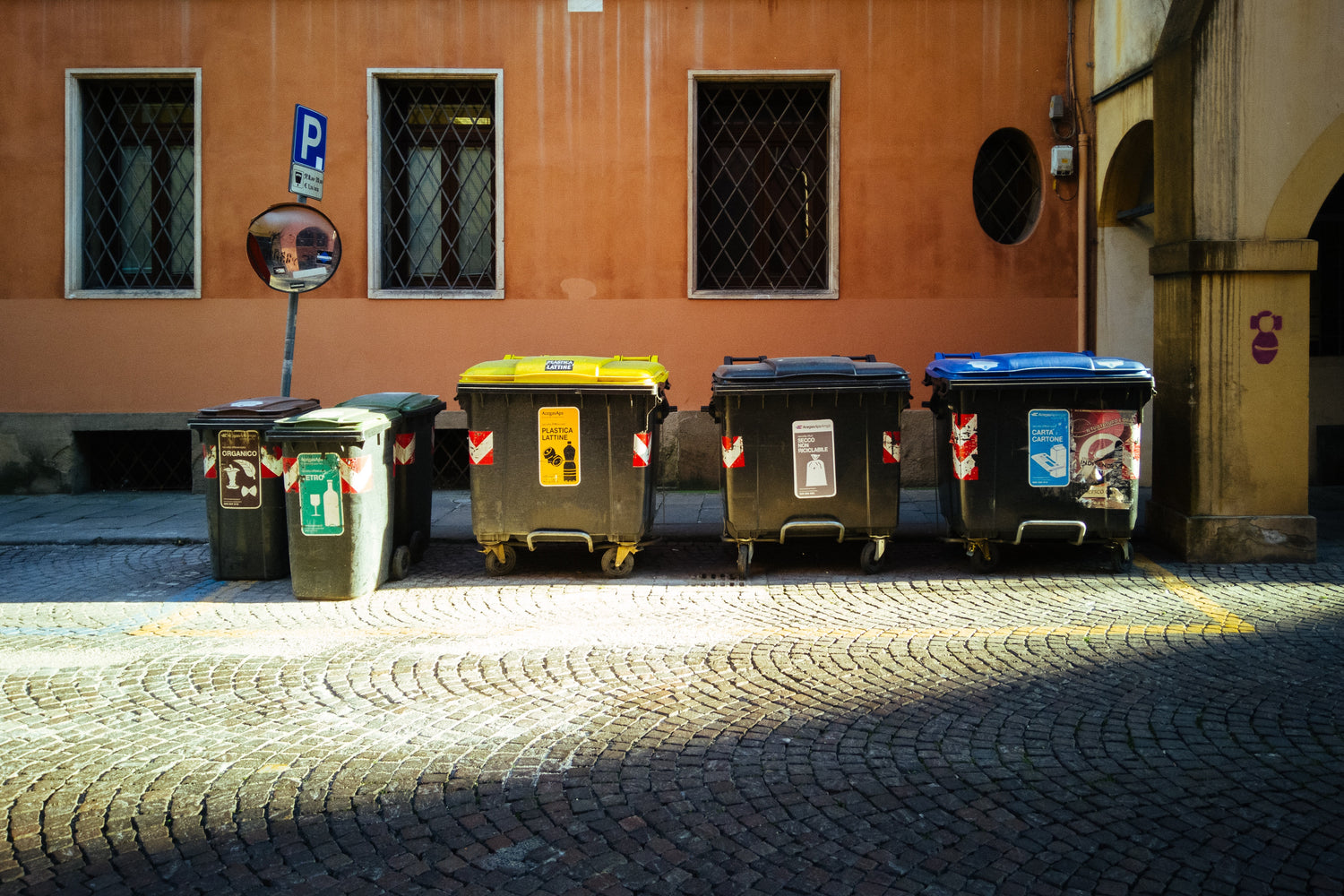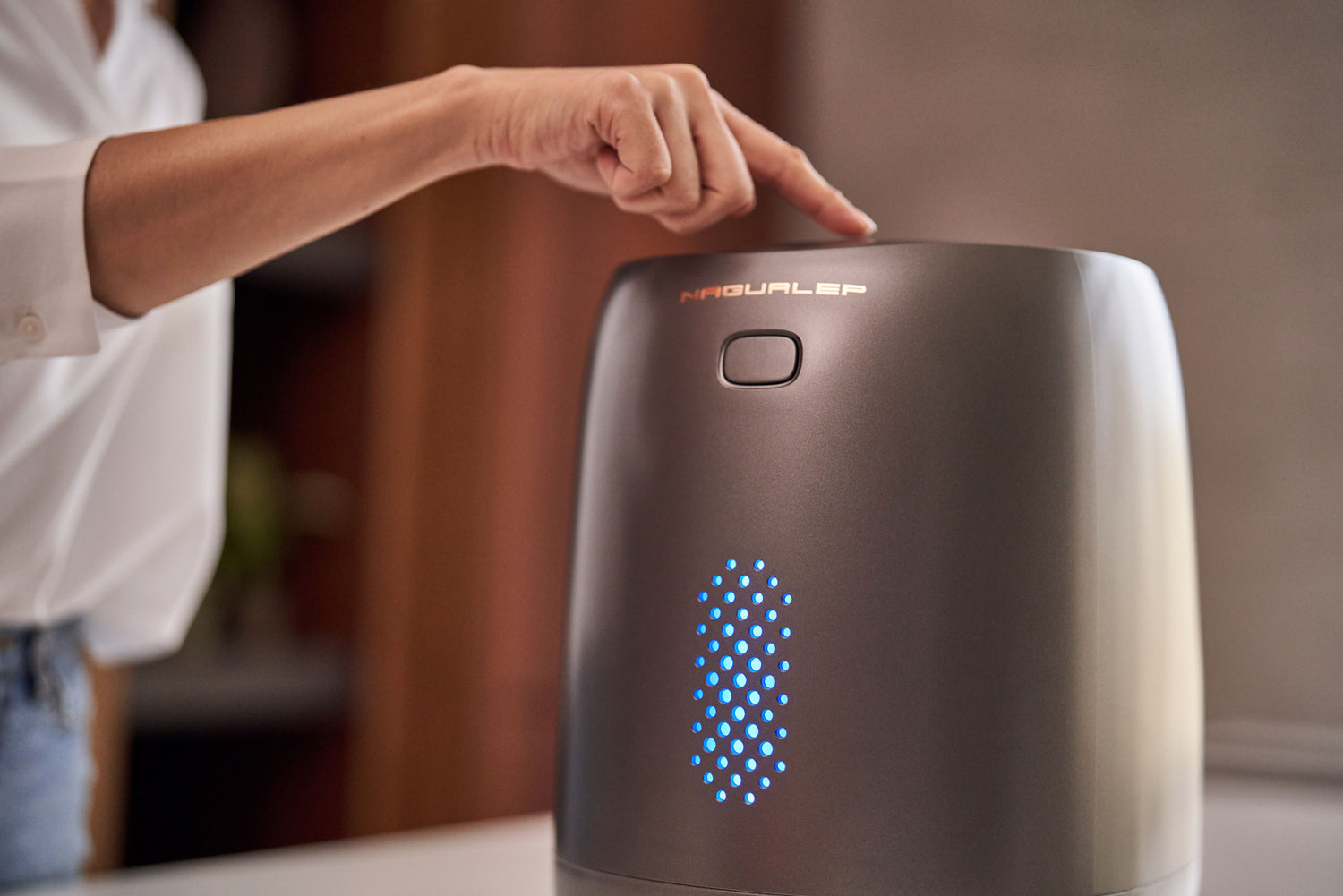Many electric kitchen composter companies make some pretty outlandish claims about how their products are good for the environment. Let's take a moment to examine whether that is really true or not.
The main environmental sales pitch is often about how electric kitchen composters will reduce user's waste footprint by 50% to 90%. While on the surface, this seems like a big win for the environment, as reducing one's organic waste footprint means contributing less to landfills.
Organic waste in landfills breaks down and releases methane gas, a greenhouse gas that is far more dangerous than CO2, despite receiving far less headlines. This again seems like a big win for the environment.
Opponents of the idea that an electric kitchen composter is net-positive for the environment often site the fact that you are using electricity to reduce your waste footprint. Here, we need to take a look at just how much electricity we are using. In the electric kitchen composter world, Nagualep is by far and away the most efficient, operating at just 0.15kWh per cycle. This is more in line with a typical coffee maker than a garbage disposal.
To reduce your waste footprint for the energy expenditure of a cup of coffee seems like a reasonable trade off. After all, many people use laundry machines instead of hand washing all of their clothes. Yes, a laundry machine uses electricty, but for the convenience, many of us feel it's worth it.
Another factor in this question is the garbage supply chain beyond the landfill. Garbage collection is a messy business, with large, diesel powered trucks driving around and collecting waste, then driving it to a centralized location such as a landfill.
So to answer the question of whether electric kitchen composters really are eco-friendly, it depends. The energy use over the service life of the composter is going to play a big factor, and with Nagualep leading the industry in efficiency, it can safely be said that if any electric kitchen composter were eco-friendly, it would be a Nagualep.




